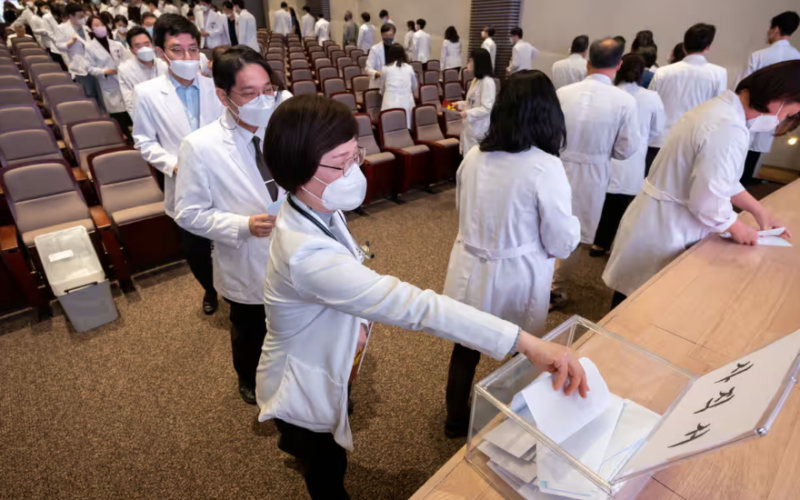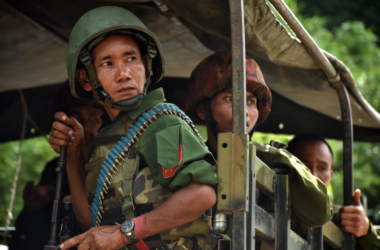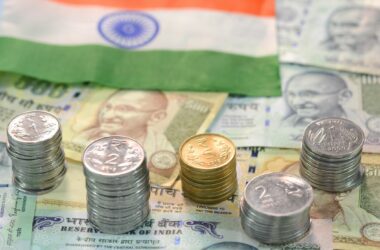In a show of solidarity with trainee doctors who have been on strike for over a month, medical professors in South Korea have announced their intention to reduce their practice hours starting from Monday. This decision aims to support the ongoing protest against a government proposal to increase medical school admissions.
Kim Chang-soo, President of the Medical Professors Association of Korea, emphasized concerns that expanding medical school admissions could compromise the quality of medical education and strain the nation’s healthcare system. As a response, the professors plan to curtail outpatient services, prioritizing emergency cases and severely ill patients, with some even considering resignation.
The strike led by trainee doctors since February 20 has disrupted hospital operations, prompting delays in procedures and patient redirection. While the government argues that the proposed admissions increase is crucial to address the shortage of doctors in an aging society, critics contend that priority should be given to improving the working conditions of trainee doctors.
President Yoon Suk Yeol, who has advocated for healthcare reforms, has remained firm on implementing the admissions plan despite the ongoing strike. However, faced with escalating tensions, he has urged Prime Minister Han Duck-soo to adopt a more flexible approach in dealing with the suspension of striking doctors’ licenses.
In an effort to foster dialogue, President Yoon has instructed the prime minister to establish a “constructive consultative body” to engage with all medical professionals, signaling a willingness to address grievances through constructive means.
Public opinion on the government’s handling of the situation remains divided, with a Gallup poll indicating mixed sentiments. While some respondents commend the government’s response to the backlash from doctors and the medical workforce void caused by the strike, others express dissatisfaction with the perceived management of the crisis.








